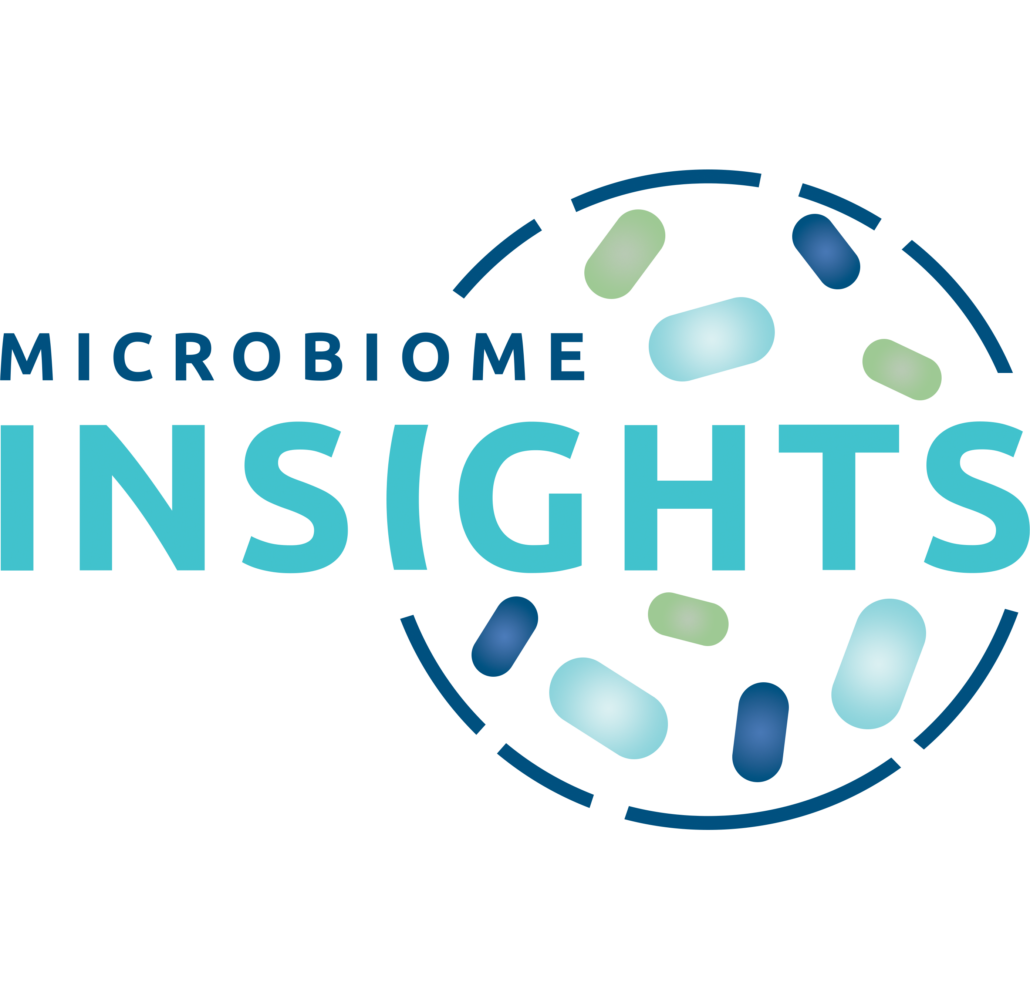The multitudes of microbes living within soil are massive players in global carbon levels, as collectively they are responsible for the cycling of huge amounts of organic carbon. The soil microbiome can both produce and consume greenhouses gases, which makes it an extremely important factor in the...
PRESS RELEASE: Microbiome Insights launches new shallow shotgun sequencing service
October 25, 2019/by Malcolm KendallVANCOUVER, CANADA – October 25, 2019 Accurate information on microbiome function and high-resolution taxonomy is very valuable for microbiome studies—but the high cost of shotgun metagenomic sequencing can be a barrier. Now Microbiome Insights, a global leader in microbiome analysis, gives clients...
Microbiome Insights workshop brings Emory University researchers up to date on latest methods for microbiome analysis
October 22, 2019/by Karl MoranThe Microbiome Insights team was pleased to visit Nell Hodgson Woodruff School of Nursing on Emory University campus in August to lead a 2-day workshop on methods for microbiome analysis: both 16S rRNA gene sequencing and shotgun metagenomics. With a growing awareness that microbiome analysis may...
New study helps disentangle gut microbiome signature of obesity versus type 2 diabetes
October 16, 2019/by Bradley van ParidonObesity and type 2 diabetes (T2D) often occur together, and metabolic disease is linked to alterations in the gut microbiome but the changes associated uniquely with obesity versus T2D have been unclear. However, data now show that obesity along with medications and supplements like...
Experts publish summary on microbiome contributions to age-related diseases and possible interventions to support healthy aging
October 3, 2019/by Bradley van ParidonRapidly aging populations and the increasing prevalence of age-related diseases are issues facing many societies. While aging is a complex and not fully understood process, the microbiome and diet are receiving attention as potential ways to support healthy aging.
Mohn Lab uncovers gut microbiome differences in 3-month-old infants who go on to develop allergic disease
August 7, 2019/by Bradley van ParidonThe inability of some infant microbiomes to perform carbohydrate metabolism may be a factor in the development of allergies later in life. Metagenomic analysis of the microbiomes of human infants who went on to develop allergies revealed a lack of genes encoding for carbohydrate breakdown and...
Landmark study tracks how microorganisms and metabolites change over time in inflammatory bowel disease
July 15, 2019/by Bradley van ParidonAn ambitious new study followed 132 patients suffering from inflammatory bowel disease (IBD) for one year, in order to generate longitudinal molecular profiles of host and microbial activity. In doing so it captured the most comprehensive description to date of host and microbe activities in IBD.
PRESS RELEASE: New Study Finds Key Factors That Shape the Skin Microbiome, Including Age and Lifestyle Choices
July 2, 2019/by Malcolm KendallA skin microbiome study undertaken by Amway in collaboration with Microbiome Insights has now been published in the scientific journal mBio. The study, which enrolled 495 people (aged 9 to 78) who provided over 2500 skin swab samples, was the largest survey of the healthy human skin microbiome ever...
Microbiome experts describe how to uncover contributions of microbial communities to climate change and ecosystem stability
June 24, 2019/by Bradley van ParidonThe roles of complex microbial communities in soil and ocean environments is a relatively new area of inquiry, spurred on by the same advances in sequencing technology that have revealed the importance of human microbiomes in health. With emerging data, the importance of these microbial communities...
Mouse study highlights role of NOD2 gene in gut microbiota resilience following antibiotics
May 24, 2019/by Bradley van ParidonNew investigations using a gene knockout mouse model showed that neonatal exposure to antibiotics had a long-lasting effect on both the microbial community and mucosal immunity in the gut. The data also shone light on how the Nod2 gene alters the risk of inflammatory disease.
